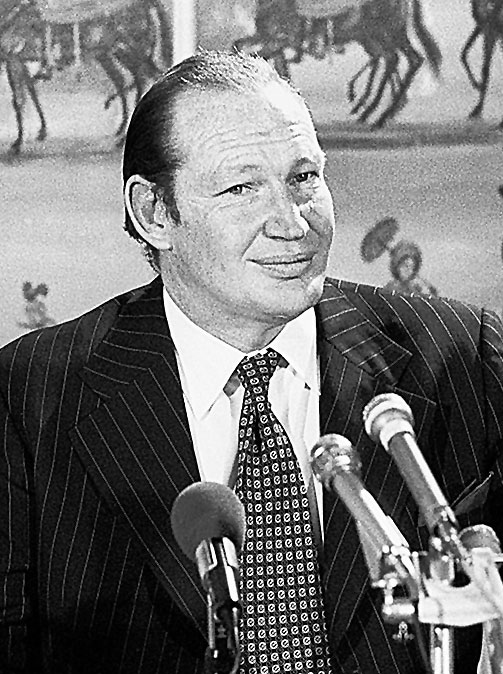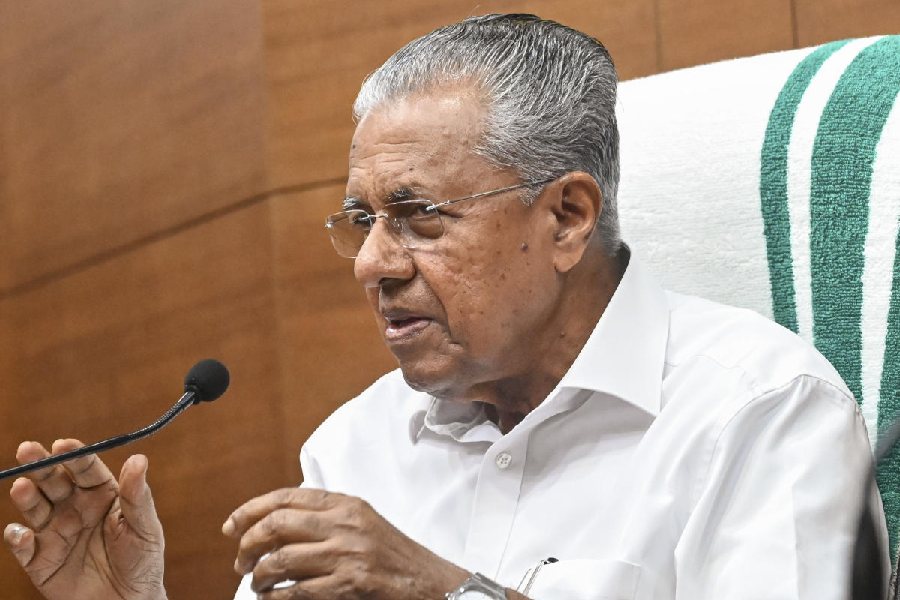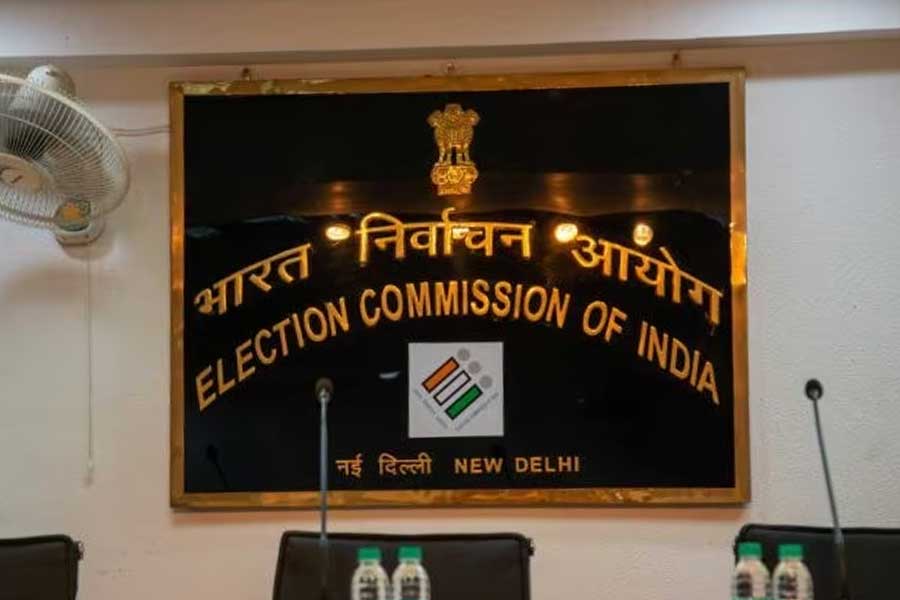Forty three years on from Ian Wooldridge’s exclusive in the Daily Mail of May 9, 1977, on the Australian businessman Kerry Packer signing up many of the world’s top cricketers, for a series that would rival official Test matches, there are some questions still worth exploring.
One is whether the Indian Premier League would ever have happened had it not been for Packer’s World Series Cricket. As chairman of Australia’s Channel 9 network, he had demanded exclusive rights to TV coverage of Australia-England Tests. He did get this in the end but after a great deal of bloodletting.
Wooldridge was the Mail’s star columnist. His source was the former Australian captain, Richie Benaud, who was Packer’s right hand man. It quickly emerged that Packer’s main recruiting sergeant was none other than the England skipper Tony Greig, who was stripped forthwith of the captaincy.
Wooldridge’s sensational report, headlined “World’s top cricketers turn ‘pirate’ ”, said: “In a player revolution unprecedented in sport the world’s top 34 Test cricketers have secretly signed contracts to become freelance mercenaries. Disenchanted by low pay and what they regarded as doormat treatment by cricketing authorities throughout the world they are to play exhibition ‘Tests’ for television and ten times the money.
“The new Dogs of Cricket include England captain Tony Greig and 13 of the Australian touring party (in England at the time). The possibility must be faced that Greig’s involvement will be seen at Lord’s as defection and that he will be removed from the captaincy this summer. Overnight, the whole balance of world cricket has shifted.”
The Guardian’s John Arlott dismissed Packer’s “pyjama cricket”, played wearing coloured kit, as a “circus”, while the Daily Telegraph’s EW Swanton ended his friendship with Greig after accusing him of “treachery”.
In The Times, John Woodcock also sided with the England cricketing establishment and explained Greig’s behaviour by referring to his South African origins: “What has to be remembered, of course, is that he is an Englishman, not by birth or upbringing, but only by adoption. It is not the same thing as being an Englishman through and through.”
Christopher Martin-Jenkins admitted that the sense of betrayal was “like learning that a wife whom one loved and trusted has been secretly, and for some time, making love to another man”.
Packer was dubbed “the man in the stocking mask”, that is a robber.
His signings initially included 18 Australians, including the Chappell brothers, Ian and Greg, Dennis Lillee, Jeff Thomson and Rodney Marsh. The overseas players included John Snow, Alan Knott, Bob Woolmer and Derek Underwood from England; Viv Richards, Clive Lloyd, Michael Holding and Andy Roberts from the West Indies; Michael Procter, Barry Richards, Graeme Pollock and Eddie Barlow from South Africa; and Imran Khan, Majid Khan, Asif Iqbal and Mushtaq Mohammad from Pakistan.
But no Indians.
Packer took legal action when the International Cricket Conference (ICC) issued a statement that it would ban any cricketer “who has played, or made himself available to play, in a match previously disapproved by the Conference”.
England’s Test and County Cricket Board (TCCB) simultaneously passed a motion banning any World Series player from county cricket for several years.
The mother of all cricket trials took place in the High Court in London between September 27 and November 25, 1977. Evidence for Packer was given by three of his players — Greig, Snow and Procter.
The judgement from Mr Justice Slade, occupying 221 foolscap pages, took five and a half hours to deliver.
It represented an innings defeat for England’s cricket establishment as the judge ruled that those who had signed with Packer could not be deprived of their right to make a living through “restraint of trade” imposed by the ICC and the TCCB: “A professional cricketer needs to make his living as much as any other professional man.”
To add insult to injury, the losers were ordered to pay £250,000 in costs.
Many of Packer’s innovations — night games under floodlights, coloured clothing, cameras at both ends and on the sides and a roving one to follow a dismissed batsman — are now commonplace, especially in the IPL.
As a personal footnote, I can perhaps add I was a callow youth tossed in as a Daily Telegraph reporter to cover the trial, with instructions to file 1,500-2,000 words every day for the news pages.
Geoffrey Boycott, who had declined Packer’s invitation, did not want to leave the witness box once he got started — it was a bit like his batting. Asked by the judge to stand down, he seemed to protest: “Is that it?”
Greig, 6ft 6in tall, said he spoke for English cricket, but I shouldn’t have added, “in a South African accent”.
One day I went too far and could not resist adding that Robert Alexander, QC, leading for Packer — the eminent barrister often resorted to poetry — ended a cross examination, “looking a little smug, like a schoolboy who has taken a wicket with the last ball of the day”.
The next morning his clerk said sternly: “You have a summons to see Mr Alexander in his room.”
I was convinced I was for the high jump but the QC said: “I enjoyed your report, thank you. Please carry on.”
In a classic case of poacher-turned-gamekeeper, he served, as Lord Alexander, as president of the MCC in 2000-2001. I was sorry to read his obituary in the Daily Telegraph in 2005.
And Greig’s, at the age of 66, from lung cancer, in 2012. In June the previous year, invited by the MCC to deliver the “Spirit of Cricket lecture” at Lord’s, he said: “I must explain my reasons for sacrificing the most coveted role in world cricket, the England captaincy, to become involved with an Australian television tycoon….. I couldn’t understand why we were only paid £210 a Test when we were playing in front of packed houses…. I have never had any doubt that I did the right thing by my family and by cricket. I have worked for Kerry Packer’s organisation for 35 years and my family’s future has been secured. After the initial nastiness and internal feuding, cricket and cricketers also did quite well out of World Series Cricket. WSC ensured cricket reinvented itself to survive the changing world.
“Cricket as we know and love it still has plenty of problems. Most can be solved if the International Cricket Council members put the game’s interests before their own; if India accepts the survival of Test cricket as non-negotiable; if India accepts its responsibility as leader of the cricket world; if it embraces Nelson Mandela’s philosophy of not seeking retribution; and if it embraces the Spirit of Cricket and governs in the best interests of world cricket, not just for India and its business partners.”











